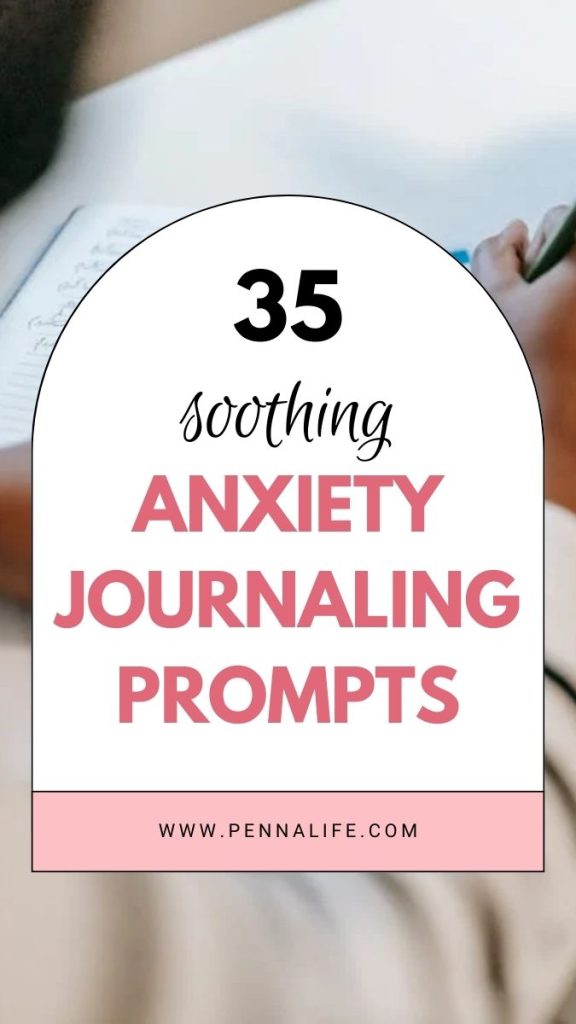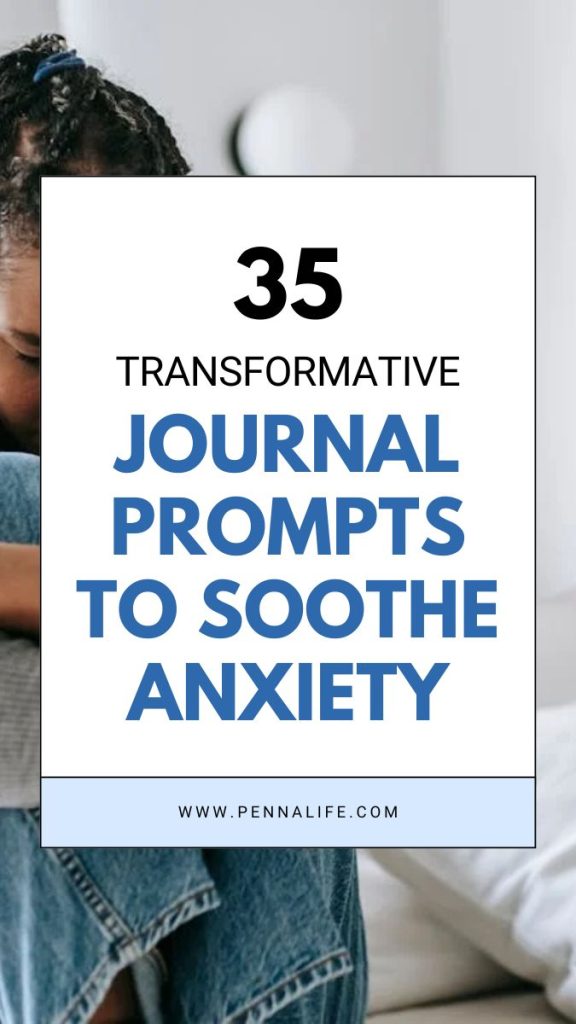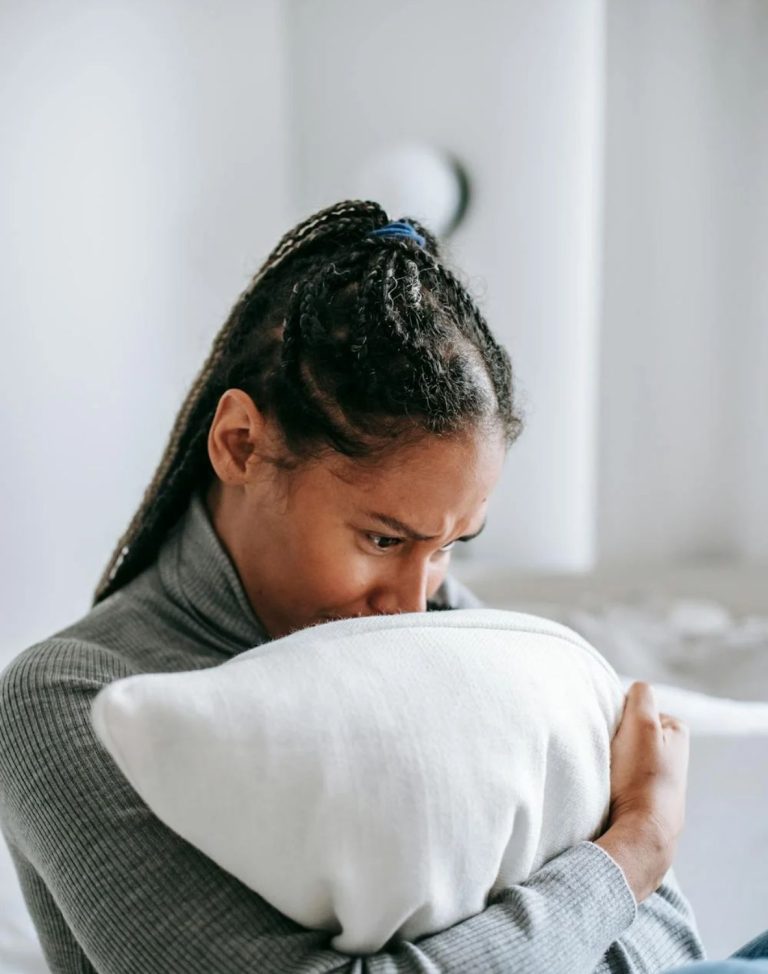Looking for journaling prompts to soothe your worries? Here are 35 anxiety journaling prompts for you.

Have you ever felt like your brain is a browser with 47 tabs open—about completely contrasting topics?
One tab is playing your upcoming work presentation, another is looping that awkward conversation from three nights ago, and a few are just pure static of unnamed fears.
These are symptoms of anxiety.
Anxiety is that uninvited guest that shows up at the most inconvenient times. It’s the racing heart before a meeting, the overthinking at 2 AM, the stomach knots when you don’t know how to address the audience waiting for your speech.
In this guide, you’ll discover anxiety journaling prompts that create a sense of peace and help you find calm in your daily life.
Is Anxiety Really the Enemy?
For years, I viewed my anxiety (adaptive, not chronic, due to my ADHD) as an enemy.
Something to fight… to silence… to somehow “fix.”
While anxiety might seem purely negative, it can actually serve some protective functions when understood properly.

Here’s a nuanced perspective for a deeper understanding of anxiety spirals:
Threat Detection: Anxiety is essentially an evolutionary survival response. It helps you anticipate potential dangers and prepare for them. This heightened awareness can prevent you from taking unnecessary risks.
Motivation: Mild (also adaptive) anxiety can motivate you to prepare for important events, study for exams, or complete critical tasks. It creates a sense of urgency that can drive proactive behavior.
Emotional Regulation & Sensitivity: People with anxiety are often more attuned to subtle emotional cues, which can help in navigating complex social situations.
Risk Assessment: Anxiety can make you more cautious and thorough in evaluating potential outcomes, which can prevent hasty or potentially harmful decisions.
These are the positive perspectives on anxiety attacks.
However, it’s crucial to distinguish between helpful, adaptive anxiety and overwhelming, chronic anxiety. Helpful anxiety is proportionate to the situation and motivates positive action.
Anxiety becomes chronic and problematic when it’s disproportionate, persistent, and starts interfering with daily functioning. That’s when it becomes an anxiety disorder.
Quit worrying so much
Anxiety can eat you up, and make you task paralyzed and unable to achieve your plans. But, if you want to worry less and keep a clear headspace, these mental health journaling prompts are perfect for you.
Why You Should Journal for Anxiety
Starting a journaling practice is a therapeutic way to soothe your anxiety (whether adaptive or chronic). It’s a mindfulness technique that transforms anxiety from a disruptive force into a more manageable, occasionally helpful signal from your mind and body.
Besides anxiety journaling prompts, there are other simple ways to soothe anxiety and improve your mental health.
Journaling is, however, a powerful tool that creates a safe space to untangle those messy thoughts and look at your anxiety not as a monster but as a complicated friend trying (albeit terribly) to protect you.
Research shows that expressive writing can significantly reduce anxiety symptoms. The following anxiety journaling prompts will help you become more chill and less anxious.
So, find a cozy corner in your room and make it a dedicated and comfortable space for journaling on a daily basis.
Regular journaling for anxiety doesn’t have to be complicated. It can be as simple as 5-10 minutes a day or a stream of consciousness writing (aka Morning Pages journaling).
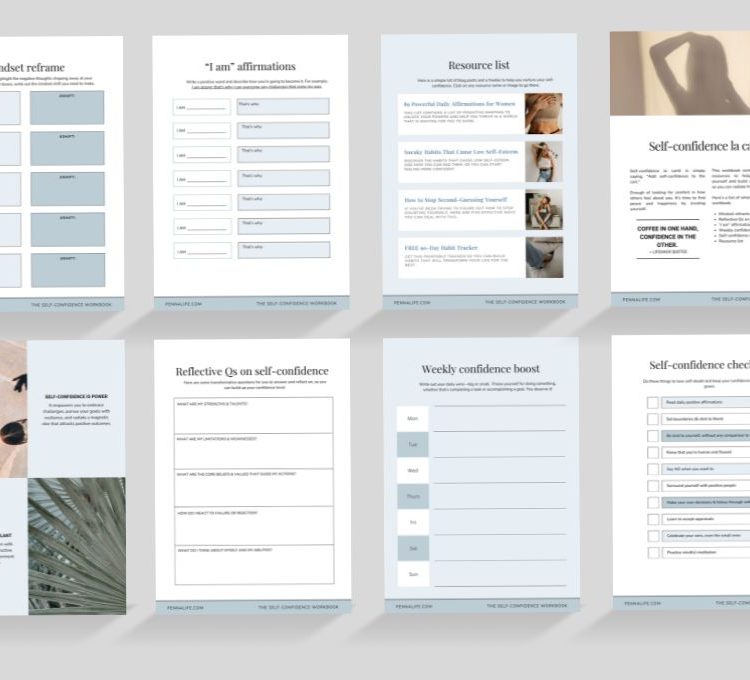
self confidence la carte
Free Self Confidence Workbook
Want to build up your self-esteem? This workbook is a printable, reusable fill-in-the-blank guide will help you discover and own your confidence.
35 Journaling Prompts for Anxiety
These anxiety journaling prompts can become your subtle anxiety treatment and help calm the storm in your mind.

1. What’s causing me anxiety right now, and why?
2. Right now, my anxiety feels like…
3. What’s one small step I can take to address my current worry?
4. How does anxiety manifest in my body? Where do I feel it?
5. What’s a coping strategy that has helped me with anxiety in the past?
6. Three things triggering my anxiety today are…
7. What’s a fear behind my anxiety that might not be realistic?
8. How can I show myself compassion when I’m feeling anxious?
9. What’s a positive affirmation I can use when anxiety strikes?
10. If my anxiety was trying to protect me, what might it be protecting me from?
11. What’s a situation I’m anxious about, and what’s the worst that could realistically happen?
12. How has anxiety taught me about my strengths?
13. A calming thought I can focus on when I feel anxious is…
14. If I could have a conversation with my anxiety, what would I say to it?
15. What’s something I’m anxious about that I have control over? And what’s something that worries me that I have no control over?
16. How has anxiety held me back?
17. What’s a worry I had in the past that didn’t come true?
18. If my anxiety were a character, what would it look like and how would it behave?
19. What’s a self-care activity that helps soothe my anxiety?
20. How can I reframe an anxious thought into a more balanced perspective?
21. What’s a boundary I need to set to manage my anxiety better?
22. I’m proud of myself for handling… despite my anxiety
23. What’s a small victory I’ve had over anxiety triggers recently?
24. How does my environment affect my anxiety levels?
25. Three things I’m certain about, despite my anxiety, are…
26. If my anxiety had volume control, how could I turn it down?
27. What’s something I’m anxious about that I can prepare for?
28. Something that makes my anxiety worse is…
29. One way I can ground myself when feeling anxious is…
30. A time I successfully managed my anxiety was…
31. How has anxiety shaped my worldview, for better or worse?
32. A worry I can let go of today is…
33. My support system for dealing with anxiety includes…
34. Today, I choose to respond to my anxiety by…
35. What’s a source of support I can lean on when anxiety feels overwhelming?
In Summary: Soothing Anxiety Journaling Prompts
Know that your anxiety doesn’t define you. It’s simply one part of your complex, beautiful human experience.
These anxiety journaling prompts are tools to help you navigate, understand, and gradually transform your relationship with worrying and stress. Some prompts might resonate immediately, while others might feel challenging. Be patient and gentle with yourself.
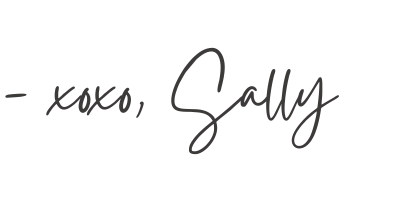
Love these anxiety journaling prompts? Share this post.
